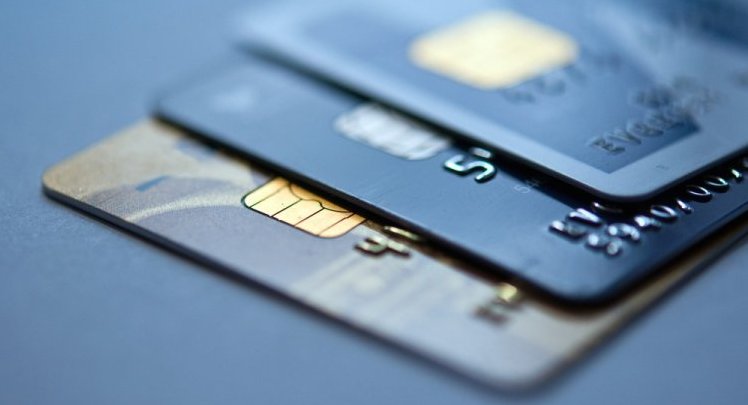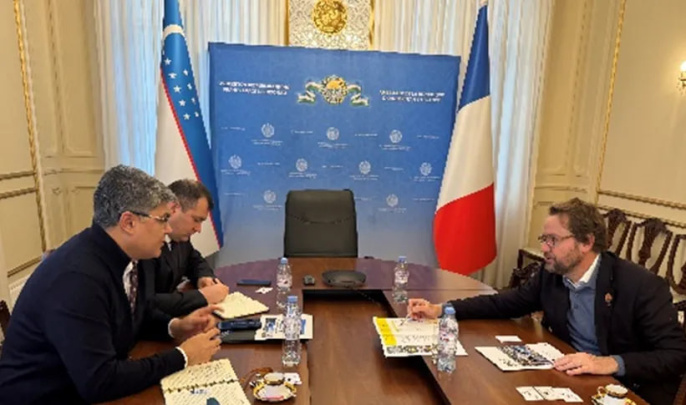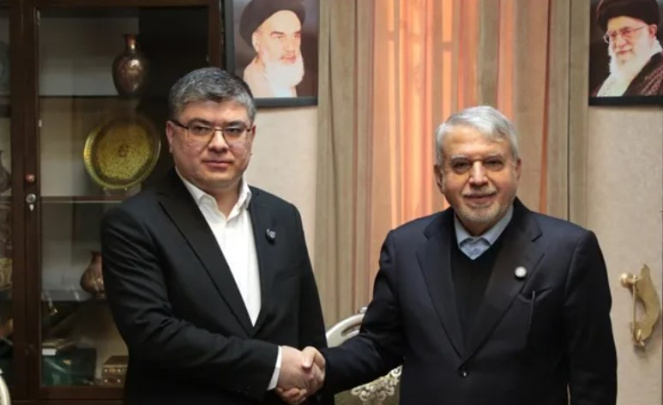Starting from May 1, organizations that make money transfers in Uzbekistan, regardless of whether they receive a commission for the services provided, must issue an electronic invoice for the transfers and submit them to the tax authorities.
Today, April 13, the Tax Committee held a meeting on this issue. It was attended by the Deputy Minister of Economy and Finance Dilshod Sultanov, Deputy Chairman of the Tax Committee Jakhongir Abdiev and representatives of the banking sector and payment organizations, in particular specialists in information technology. Regulation of electronic information exchange and simplification of technical integration were discussed at the meeting.
According to the tax committee, it was said at the meeting that it is unreasonable to worry that individuals will have tax obligations due to P2P. But the official release did not specify the purpose of this new order.
A presidential decree was signed on February 10, which requires tax authorities to be informed of all P2P transfers. This was unexpected news for the general public and was criticized by economists. But since then, neither the Tax Committee, nor the Ministry of Economy and Finance have given any comments on the purpose of this practice.
According to the information provided by the Ministry of Justice in February, the draft decree submitted for legal examination did not contain a clause related to P2P transfers. That is, such an unexpected clause, which does not coincide with other clauses in the decree, was added to the document after legal examination. It seems that not even a linguistic examination was carried out, and the words were written interchangeably.
The Ministry of Justice refrained from condemning this situation in its statement. However, according to the presidential decree signed two years ago, starting from January 1, 2023, all drafts of regulatory legal documents affecting business activities will be subject to regulatory impact assessment.
Legal aspects of the matter
According to the Law “On Bank Secrecy”, information on transactions of banks’ customers is considered bank secret. According to Article 11 of the law, bank secrets are to be submitted to tax authorities in cases related to taxation of bank clients. That is, the law does not allow providing information about the client’s transactions to the tax authorities in cases that do not concern the issue of taxation.
From May 1, it is required to provide tax authorities with information about all P2P transfers (that is, bank secrets) and not only transactions related to taxation. However, it is known that the majority of P2P transfers are essentially between two individuals, such as relatives and friends, rather than between a business-client relationship, which does not create any tax relationship.
Pursuant to Article 17 of the Law “On Payments and Payment Systems”, payment organizations must ensure the confidentiality of information received during customer service and must not disclose it to third parties. Except for cases specified in the Law “On Bank Secrecy”. The tax requirement in this law was mentioned above.
Based on this, from May 1, it can be considered illegal to gather information about all P2P transfers made through mobile applications and payment systems of banks in tax authorities.
It should also be noted that the newly revised Constitution is expected to enter into force in May. The document will come into effect as soon as the results of the referendum are announced.
In the case of P2P transfers, this is important, because according to the new Constitution:
- confidentiality of bank transactions is guaranteed, there is no place for “except for cases specified by law” (Article 41);
- everyone has the right to personal and family secrets (Article 31);
- human rights (in particular, the aforementioned right to personal and family privacy) are directly applicable (Article 20);
- everyone has the right to request the destruction of information collected about him/her illegally (Article 31);
- the Constitution has supreme legal force and is directly applicable (Article 15).
It can be said that the state’s knowledge of even transferring 1,000 soums to another person or to your own card limits the right to personal and family secrets.
Economic aspects of the issue
Although the ministry and the tax committee have not disclosed what the purpose of the P2P transfer awareness is, it can be assumed that it is about combating tax evasion.
Perhaps the following are intended:
- fight against the cases of accepting card payments at points of sale and services through P2P rather than through the terminal;
- unofficial online trading platforms - forcing various trading channels on Telegram and Instagram to operate officially;
- in short, to encourage the shadow economy to come into the light and thereby increase tax revenues.
In fact, P2P transfers are becoming more and more popular, and in many cases, this service is becoming “individual-to-entrepreneur” rather than “individual-to-individual”. But the government’s current method of fighting against it is contrary not only to the law, as mentioned above, but also to economic logic.
The benefits that the state will receive through this measure may be nothing compared to the benefits that will be lost. Because increased control over cashless payments automatically increases the demand for cash payments. This leads to the outflow of funds from the banking system, shopkeepers who want to avoid taxes simply find other ways, and as a result, the gap between cash and non-cash payments increases.
In the end, the intended goals may be partially achieved, a certain part of the underground economy may be forced to legalize in the short term, but in the long term, it is not possible to give a positive opinion about the effect of this measure, because the fight is focused on the consequences of the shadow economy, not its causes. The cause is that the tax burden is not distributed equally and fairly due to the countless privileges given.
Dealing with consequences, not causes, increases the transaction costs of purchases for all links in the chain, while those operating informally simply adapt to new conditions: they look for new detours, they may not expand, narrow, reduce or stop their activities as the situation demands. And this is invisible, but becomes a factor that hinders or slows down the acceleration of economic growth. In addition, the current approach to the fight requires that newly introduced measures are increasingly based on prohibitions and restrictions.
Current opportunities are enough
The authorities had other means of combating the use of P2P transfers as a means of payment. In particular, existing mechanisms for monitoring compliance with the requirements for issuing checks and using terminals can also be used. That is, if the Tax Committee wants to, it can significantly reduce P2P trading by current administrative and technological means, just as it successfully established strict requirements for issuing checks.
While the Committee can be satisfied with this effective measure, it practically does not apply them. In many stores, you can see papers with 16-digit card numbers clearly attached to the furniture or equipment at the cash register. In some shops, banners with QR-codes of several payment systems are hung: when scanned, these QR-codes lead to a P2P transfer, not a legal payment practice such as “Pay-on-the-spot”.
This is how businesses openly trade through P2P transfers. Of course, the tax authorities are aware of this situation, but for some reason they are indifferent. The fact that the points of sale have been given so much freedom in this matter gives the impression that there is an order “not to touch” as if someone is interested. This is, perhaps, to ensure that there is a significant change in tax revenue when a sharp fight is suddenly announced.
It should also be remembered that the Tax Committee’s efforts to become aware of P2P transfers did not start recently. In 2020, the committee wanted to change the law “On Bank Secrecy” and to electronically collect information about bank card accounts of individuals with a monthly turnover exceeding 30 million soums or more than 10 P2P transfers.
But due to the opposition from both the public and the government officials, in the end, the draft decision developed by the tax authorities was not adopted.
In our opinion, this request, which was added to the decree in dishonest ways without even being discussed, should be reconsidered. The use of transfers between individuals for commercial purposes can also be prevented by using current mechanisms of tax control.
Also, based on the experience of developed countries, it is possible to study the issue of determining the procedures and standards for the emergence of accountability obligations for P2P transfers in individuals.
In conclusion, it should be said that the vector of increasing budget revenues, fighting against the hidden economy should be aimed at creating conditions for economic growth, conducting an equal and fair tax policy for all, developing a free and open market economy, and building an independent judicial system. Not to create new and new control mechanisms of questionable legality.
Komron Chegaboev






